Table of Contents
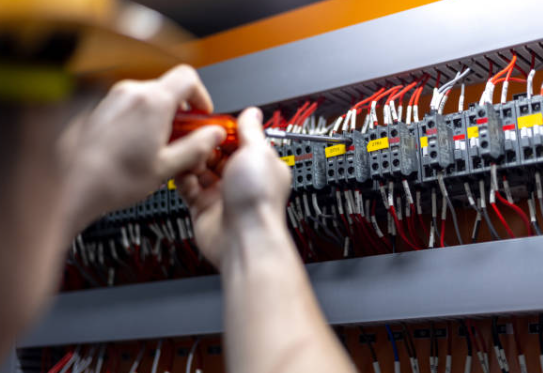
How to replace a contactor on AC unit is an essential task that will extend its longevity and efficiency. As the core component of any air conditioning system's electrical system, its function lies at starting the compressor and fan by controlling electricity flow - without it working correctly, your air conditioning unit may cease operating or operate less effectively.
Our comprehensive guide on replacing an AC unit contactor will assist in making this task simpler and ensure success!
Why do You need to Replace AC Unit Contactor?
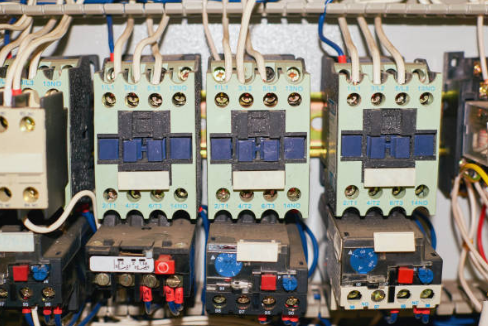
Before beginning to replace your AC unit contactor, it's essential to understand the purpose and importance of AC contactors. This electrical device acts as a switch that starts and stops compressor and fan activity according to thermostat input.
Additionally, it handles high currents that cannot be handled directly by thermal relay. Therefore, its role and significance cannot be overemphasized when considering replacement options.
How Do I Know If My AC Contactor Is Bad?
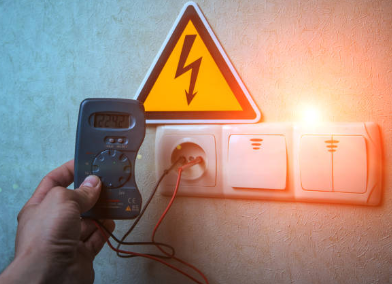
Signs that Your Contactor Needs Replacement
Over time, contactors can wear out or become damaged due to various factors, including age, electrical arcing, and pests. Here are some common signs that indicate it's time to replace your AC unit contactor:
- Unresponsive unit: If your AC unit fails to turn on or respond to your thermostat settings, a faulty contactor could be the culprit.
- Clicking noises: A buzzing or clicking sound coming from the contactor when your AC unit is running can indicate a malfunction.
- Intermittent cooling: If your AC unit's cooling performance is inconsistent, it might be due to a faulty contactor.
- Burn marks or pitting: Inspecting the contactor for burn marks, pitting, or corrosion can help identify a faulty component.
Know more about how to check AC Contactor
Replace Contactor for AC Unit: Step by Step
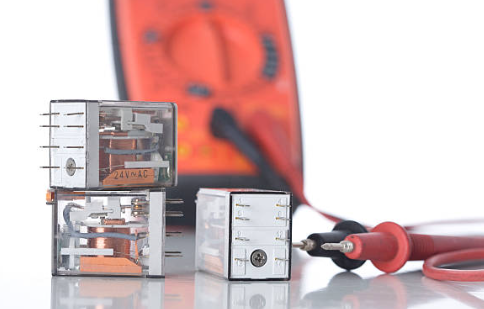
Before replacing AC Contactors
1. Cost of Contactor Replacement
The cost of replacing an AC unit contactor can vary depending on factors such as the brand, model, and location. On average, you can expect to pay between $150 and $350, including the cost of the contactor and labor.
2. Tools for Contactor Replacement
Before you begin the replacement process, make sure you have the following tools and materials ready:
- Flathead and Phillips screwdrivers
- Needle-nose pliers
- Voltage tester
- New contactor (make sure it matches the specifications of your old contactor)
Replacing contactors on AC Unit
Follow these steps to replace your AC unit contactor:
Step 1- Replacing AC Contactor : Safety First
Switch off power for your AC unit at the breaker box to avoid potential electrical shock.
Step 2: Locating the Contactor
To access the contactor on an outdoor unit, take these steps. It should usually be located near its condensing unit.
Step 3: Label and Reconnect Wires
Before disconnecting any wires, it is imperative that they are marked or photographed so you can reattach them correctly with the new contactor.
Step 4: Replace an Old Contactor
To replace an existing contactor, disconnect its wires using needle-nose pliers or a screwdriver before unscrewing its mounting screws and extracting it from its unit.
Step 5: Install the New Contactor
When mounting the new contactor in its respective unit, secure it using mounting screws and reconnect the wires according to any labels or photo reference provided. Remember to choose a high-quality ac contactor supplier in case of any product problems.
Step 6: Verify Installation
Once everything is secured and in place, turn back on the power and test your AC unit to make sure it's operating as intended. Listen out for its contact clicking, indicating it has engaged properly.
Tips for Safety Precautions
Working with electrical components can be dangerous, so it's important to take proper safety precautions:
- Turn off the power: Before starting any work, turn off the power to your AC unit by switching off the circuit breaker or disconnecting the power supply.
- Use protective gear: Wear safety gloves and goggles to protect yourself from any potential electrical hazards.
- Double-check the power supply: Use a voltage tester to ensure that the power is indeed off before touching any electrical components.
Maintaining Your New Contactor
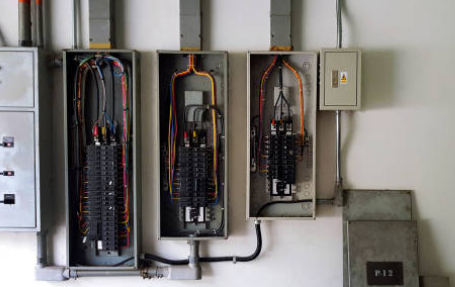
Replacing an AC unit contactor can restore its efficiency and prevent further electrical issues. Following replacement, regular maintenance of your system should extend its life. Here is what you can do:
- Regular cleaning: Keep the electrical compartment of your AC unit clean and free from debris or dust buildup.
- Annual inspections: Schedule annual maintenance checks with a professional HVAC technician who can inspect your entire system, including the contactor.
- Pest control: Take preventive measures to protect your AC unit from pests that can damage the contactor and other components.
- Prompt repairs: If you notice any signs of a faulty contactor or other AC contactor failure, don't hesitate to contact a professional for repairs.
DIY vs. Professional Replacement: Which is Right for You?
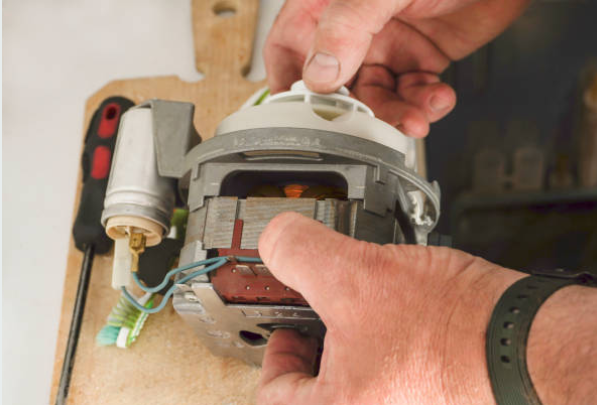
Some people may wonder can I replace AC contactor myself? And the answer is absolutely yes.
While replacing an AC unit contactor can be a DIY task for those with electrical knowledge, there are several benefits to hiring a professional:
- Expertise: HVAC professionals have the necessary knowledge and experience to handle the replacement process efficiently and effectively.
- Time-saving: Professionals can complete the replacement quickly, saving you valuable time and effort.
- Warranty and guarantees: Reputable HVAC companies often provide warranties on their work, giving you peace of mind.
- Additional inspections: Professionals can thoroughly inspect your entire AC system, identifying any other potential issues that may need attention.
Deciding whether to replace the contactor yourself or hire a professional depends on your electrical knowledge, comfort level with DIY projects, and the complexity of your AC unit. If you are unsure or lack experience in electrical work, it is best to leave the replacement to the professionals.
Conclusion
AC unit contactor replacement is a crucial maintenance task that ensures the proper functioning of your air conditioning system. By understanding the importance of the contactor, recognizing signs of a faulty component, and following proper replacement procedures, you can keep your AC unit running smoothly and efficiently.
Remember, when in doubt, it's always advisable to seek professional assistance to avoid any potential risks or complications.
